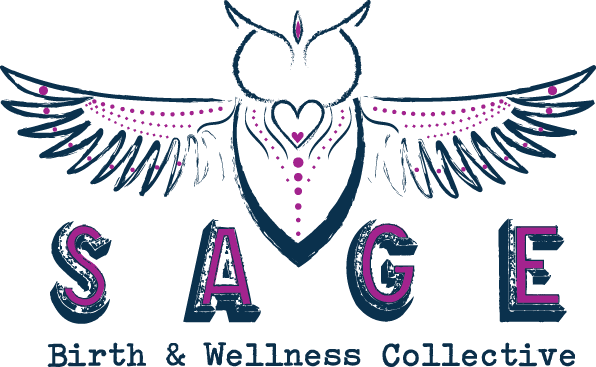Herbal Medicine
Herbal Medicine, also known as Herbalism, is the art and science of using whole plants to maintain health and to prevent and treat illness. Herbal medicine has been used throughout much of human history and across many cultures. Herbs can be taken internally in the form of teas, extracts or capsule and they can be used topically in the form of oils, salves and liniments.
Many herbalists today strive to have a more holistic approach when working with people. They look at the “whole” person, in addition to treating the problem. This involves assessing a person’s lifestyle, diet, physical and emotional state and honoring a person’s innate ability to heal and thrive.
Herbal medicine can be a great ally in women’s reproductive health in any stage of life. Herbs have been used to support the menstrual cycle, boost fertility, maintain a healthy pregnancy and postpartum and to ease the transition of menopause. Many individuals have found that working with herbs to support their gynecological health has been an empowering experience, putting the care of their bodies in their own hands.
It is important to note that while herbs are plants and considered “natural,” they are strong and may have adverse effects. Some herbs are contraindicated in specific conditions or with pharmaceuticals. Extra care needs to be taken with children, pregnancy or breastfeeding. Individuals should consult a qualified herbalist when taking herbs therapeutically. To speak with an herbalist, please contact Liz.

